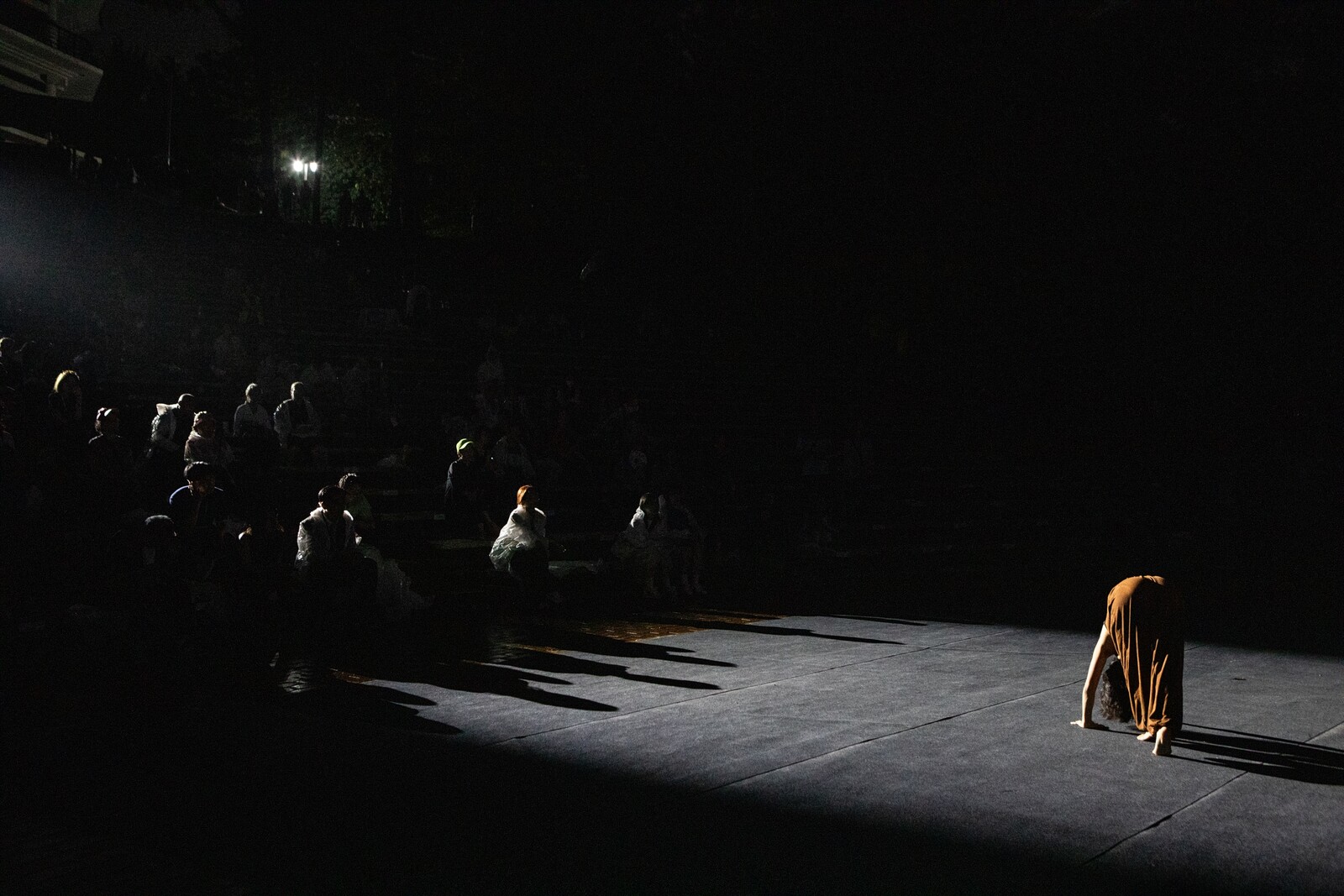PANSORI: A Soundscape of the 21st Century
September 7–December 1, 2024
The 15th Gwangju Biennale, coinciding with the 30th anniversary of the Gwangju Biennale, opened on September 7 and runs through December 1, 2024, spanning a total of 86 days. The Main Exhibition, titled PANSORI: A Soundscape of the 21st Century is curated by Artistic Director Nicolas Bourriaud. It showcases 72 artists from 30 countries who explore sustainable contemporary spaces, setting the stage for discourse on the future of humanity and art. This year, the Gwangju Biennale Pavilion has expanded to include 31 pavilions and a special program organized by various countries, cities, institutions, and individuals. This expansion further solidifies the Gwangju Biennale Pavilion as a global stage for the exchange of contemporary art. Throughout the Biennale, the entire city of Gwangju will be transformed into a vibrant center of cultural and artistic activity, showcasing a diverse array of contemporary works.
A cinematic exploration of life and art
PANSORI: A Soundscape of the 21st Century draws on pansori, a traditional Korean music form that combines storytelling and performance. The word pansori is a combination of “pan,” meaning public space, and “sori,” meaning voice or sound. In this context, pansori represents a fusion of contemporary space, sound, and performance, where the voices of 72 artists from 30 countries merge into a metaphorical symphony. These artists, representing a variety of generational, cultural, and regional backgrounds, contribute to a dialogue about the global crises facing our planet.
The exhibition extends beyond the Gwangju Biennale Exhibition Hall to eight venues in the Yangnim-dong area. Here, everyday spaces are transformed with artworks that explore the coexistence of life and art. By integrating art into the fabric of daily life, the exhibition aims to foster discussions on sustainable spaces and the future, all centered around the narrative of pansori.
A soundscape from the exhibition hall to shared spaces
The Main Exhibition is divided into sections inspired by auditory metaphors. Visitors can traverse the Gwangju Biennale Exhibition Hall and the Yangnim-dong venues, experiencing the transformation of the Anthropocene—a period defined by significant human impact on the environment. Feedback Effect (Gwangju Exhibition Hall Gallery 1 and 2): This section visualizes the sound of a planet saturated with human activities, where relationships between humans and other species have become dense, and the space they inhabit is a continuous, contagious echo chamber. Polyphony (Gallery 3): This section presents works that offer multi-layered perspectives, emphasizing the diversity of voices and viewpoints. Primordial Sound (Gallery 4 and 5): Focusing on the non-human world, this section explores the cosmos, molecular worlds, and environmental agents like carbon dioxide and viruses. Using the first Big Bang noise, Chinese Qi, and Buddhist Om as references, this section delves into the imaginative spaces where the cosmos began and may end. Resonance (Yangnim): The Biennale extends into Yangnim-dong, an area that preserves Gwangju’s history and community spirit. Twelve artists present sound projects and interactive works in eight venues, including the Yangnim Cultural Fountain, Podonamu Art Space, Gallery Han Boo Chul, and Horanggasinamu. Visitors are invited to engage with the art and actively participate in these sound projects.
Public programs
A variety of public programs will take place throughout the Biennale. GB Talks, a multidisciplinary program that invites experts and visitors to engage in conversations, will be held monthly. An education program for children will run biweekly on Saturdays and a children’s docent program will also be offered once a month on Sundays. Additional collaborative activities include the Buk-gu Art Bus, which provides transportation to the various exhibition sites along with hands-on experiences, and programs in cooperation with the Yangnim Alleyway Biennale.
Press contacts
Elizabeth McNamara, FITZ & CO, emcnamara [at] fitzandco.com
Elisa Lee, Gwangju Biennale Foundation, pressletter [at] gwangjubiennale.org








